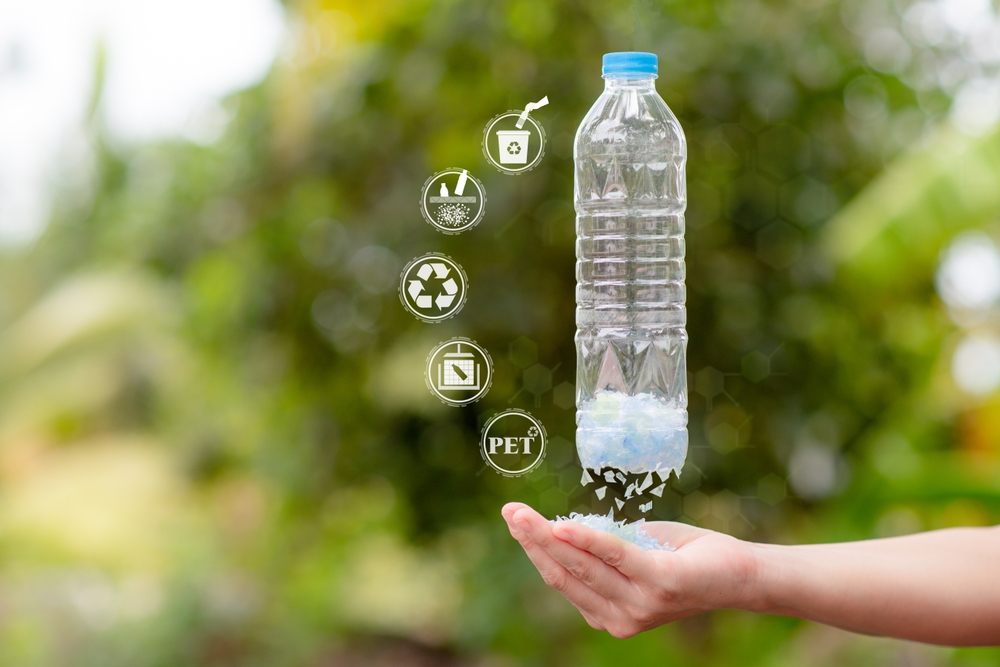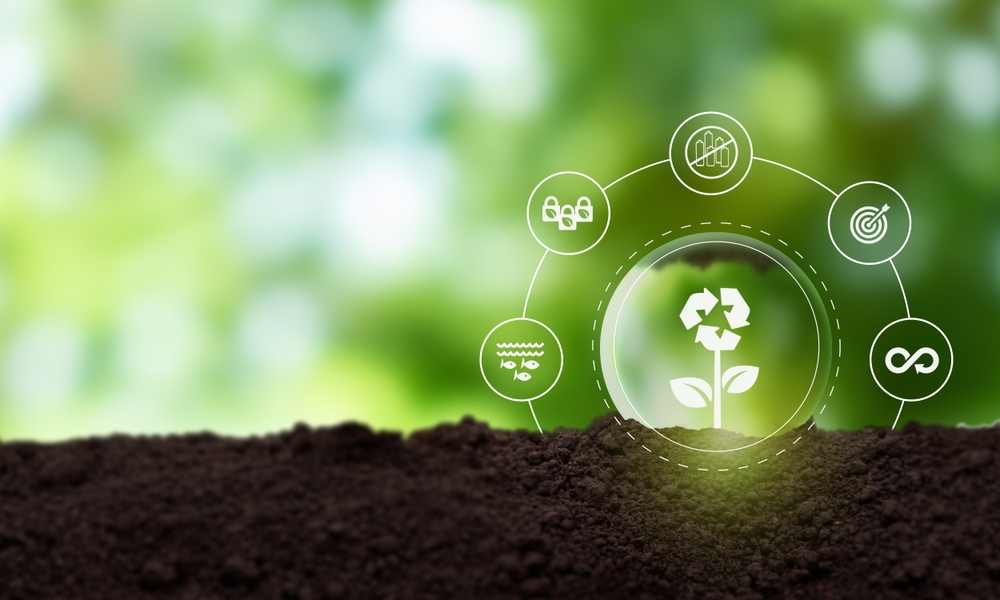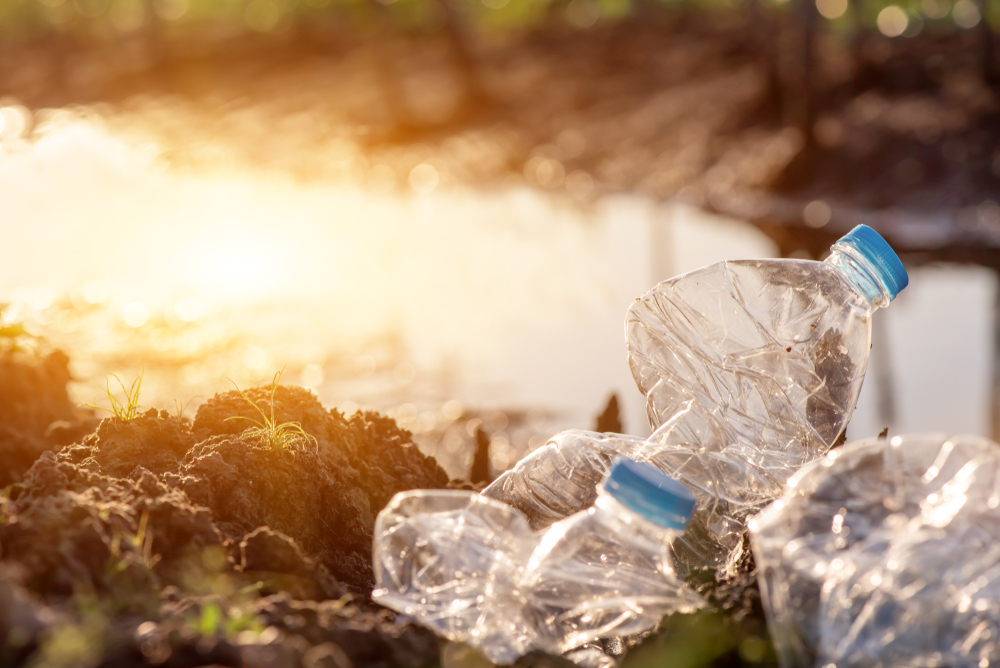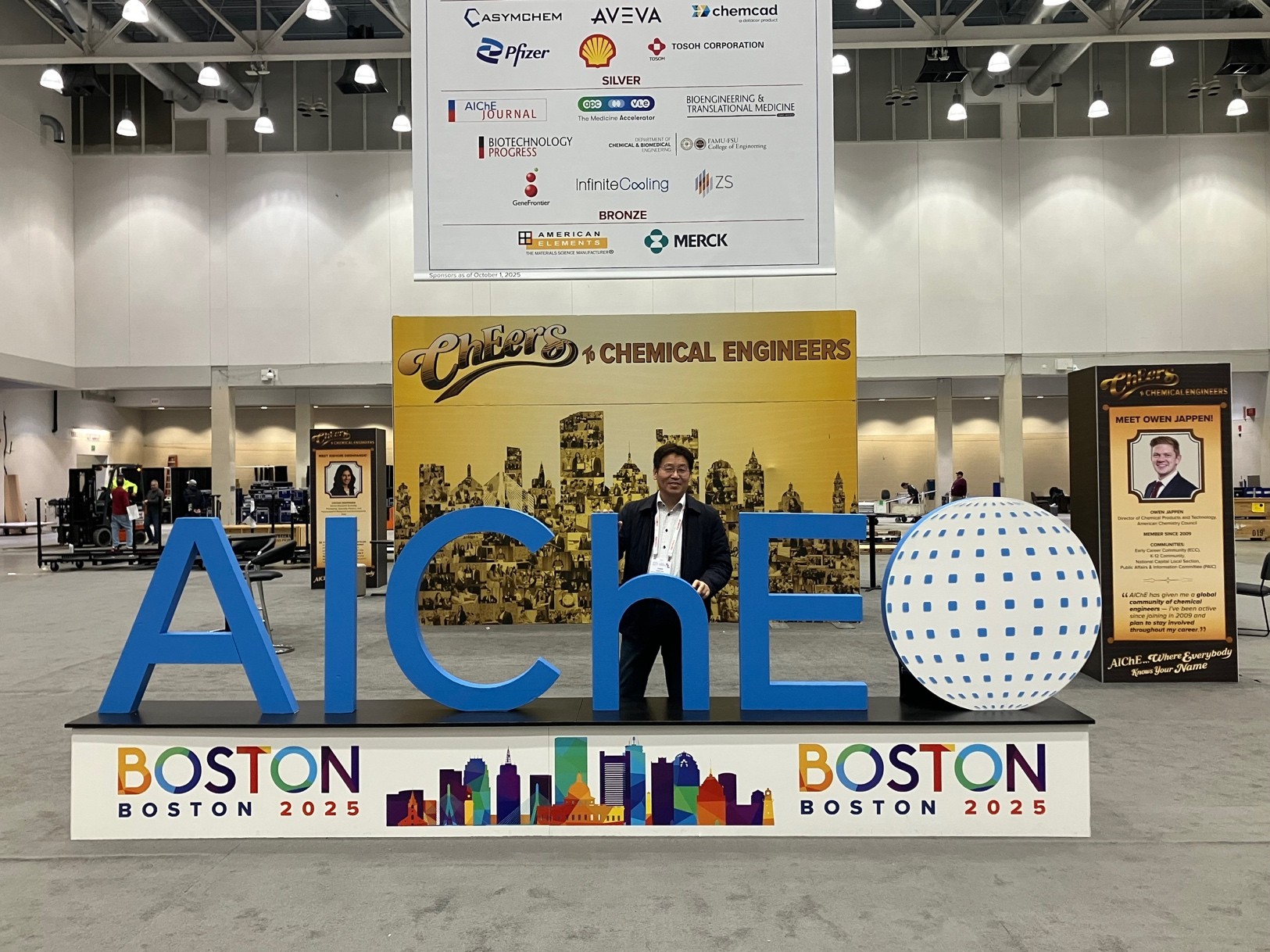
New dual-catalyst system turns plastic waste into gasoline
Polyethylene (PE) is everywhere, but less than 1% of PE waste is recycled into valuable products. Most of it ends up in landfills, incinerators or the environment, creating a serious problem. A recent study published in Chem by researchers from Tsinghua University and Beijing University of Chemical Technology presents a promising new method for converting PE waste into gasoline-range hydrocarbons, using a dual-catalyst one-pot catalytic system.
The catalytic system integrates two key processes within a single reactor. First, a dehydrogenation catalyst removes hydrogen atoms from the polyethylene chains. This step activates the long, stable hydrocarbon chains, making them easier for further transformation. Next, a cracking catalyst facilitates the cleavage of carbon-carbon bonds. This second step breaks down the large polymer molecules into smaller hydrocarbon fragments.
In this work, WZr-KIT-6 is used to activate C–H bonds and pre-cracks polyethylene chains into unsaturated oligomers over Si-O-Zr and W-O(H)-Zr sites. These unsaturated oligomers were subsequently converted into C4–C12 gasoline-range compounds through β-scission, isomerization, and hydride transfer over HZSM-5. The two catalysts work under moderate temperatures around 240°C, and the process does not require any hydrogen gas input or solvent. The system achieves over 80% conversion efficiency.
This study offers a promising method to produce fuel from waste plastics, which is important toward circular economy models, strongly aligns with the goals of the ACTPAC project. The development of efficient catalytic systems brings us closer to sustainable future.
Author: Haoxiang Yan, Yu Cao, and Bert Weckhuysen
Han, W., Lin, L., Cen, Z., Ke, Y., Xu, Q., Zhu, J., Mei, X., Xia, Z., Zheng, X., Wang, Y., Liu, Y., He, M., Wu, H., & Han, B. (2025). One-pot catalytic conversion of polyethylene wastes to gasoline through a dual-catalyst system. Chem, 11(2). https://doi.org/10.1016/j.chempr.2024.10.007
Links
https://www.cell.com/chem/fulltext/S2451-9294(24)00533-3
Keywords
polyethylene, plastic waste, plastic recycling, catalytic
upcycling, circular economy


